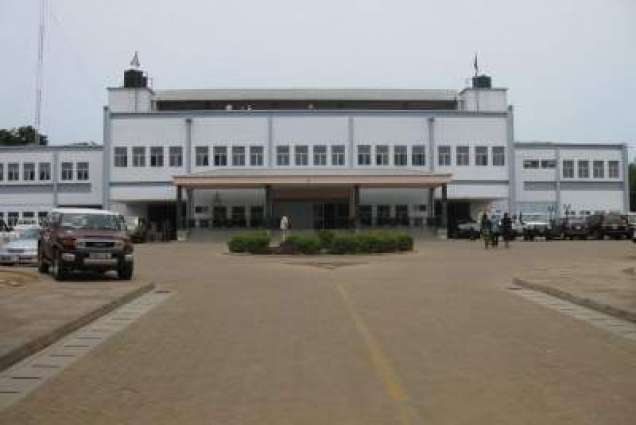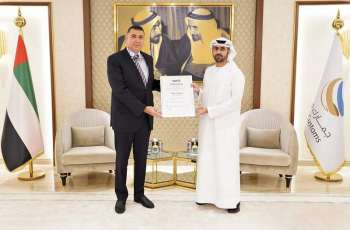The African Capacity Building Foundation (ACBF) will consult the African Union Commission in the next few weeks regarding the creation of a pan-African secretariat to oversee and implement the agreement on the African Continental Free Trade Area (AfCFTA), Emmanuel Nnadozie, the ACBF executive secretary, told Sputnik.
MOSCOW (Pakistan Point News / Sputnik - 28th August, 2018) The African Capacity Building Foundation (ACBF) will consult the African Union Commission in the next few weeks regarding the creation of a pan-African secretariat to oversee and implement the agreement on the African Continental Free Trade Area (AfCFTA), Emmanuel Nnadozie, the ACBF executive secretary, told Sputnik.
"For the African Union Commission, the time is right now, and I think we are going to be engaging them in the next few weeks to be able to see how we can help accelerate the process. It is an urgent matter that needs to be done right away," Nnadozie said, responding to a question on the time frame for the creation of a secretariat within the AU Commission on the AfCFTA agreement implementation.
The AfCFTA agreement has been ratified by six African countries, but needs ratification from a total of 22 nations for it to come into effect.
Nnadozie added that the ACBF would also bring its expertise to individual African states to ensure they were ready to benefit from the AfCFTA as it was implemented.
"I think we will bring our expertise and our 27 years of knowledge on institutional capacity development to support the creation of this secretariat, not just for the African Union Commission, but also for the member states, because this will be needed, as well in the member states in order to really implement the African Continental Free Trade Area agreement, and also for countries to be able to benefit," Nnadozie said.
The ACBF would be involved in supporting countries in assessing their readiness to implement the agreement, especially through aiding the development of the private sector, which had direct influence over the operation of the AfCFTA.
The AfCFTA agreement was signed in late March by 44 out of the 55 members of the African Union at the organization's summit in the Rwandan city of Kigali. The accord seeks to progressively eliminate tariffs on intra-African trade, which, prior to the agreement, stood at an average of 6.1 percent across the continent, as well as removing other trade barriers.




